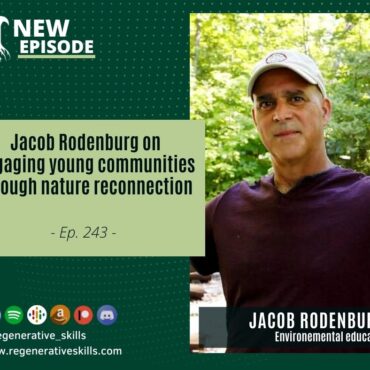
Jacob Rodenburg on engaging young communities through nature reconnection
Learn more and register for the Profitable Syntropic Agroforestry course today! Fill out this form to receive free trees and planting support as well as a consultation call with Oliver […]

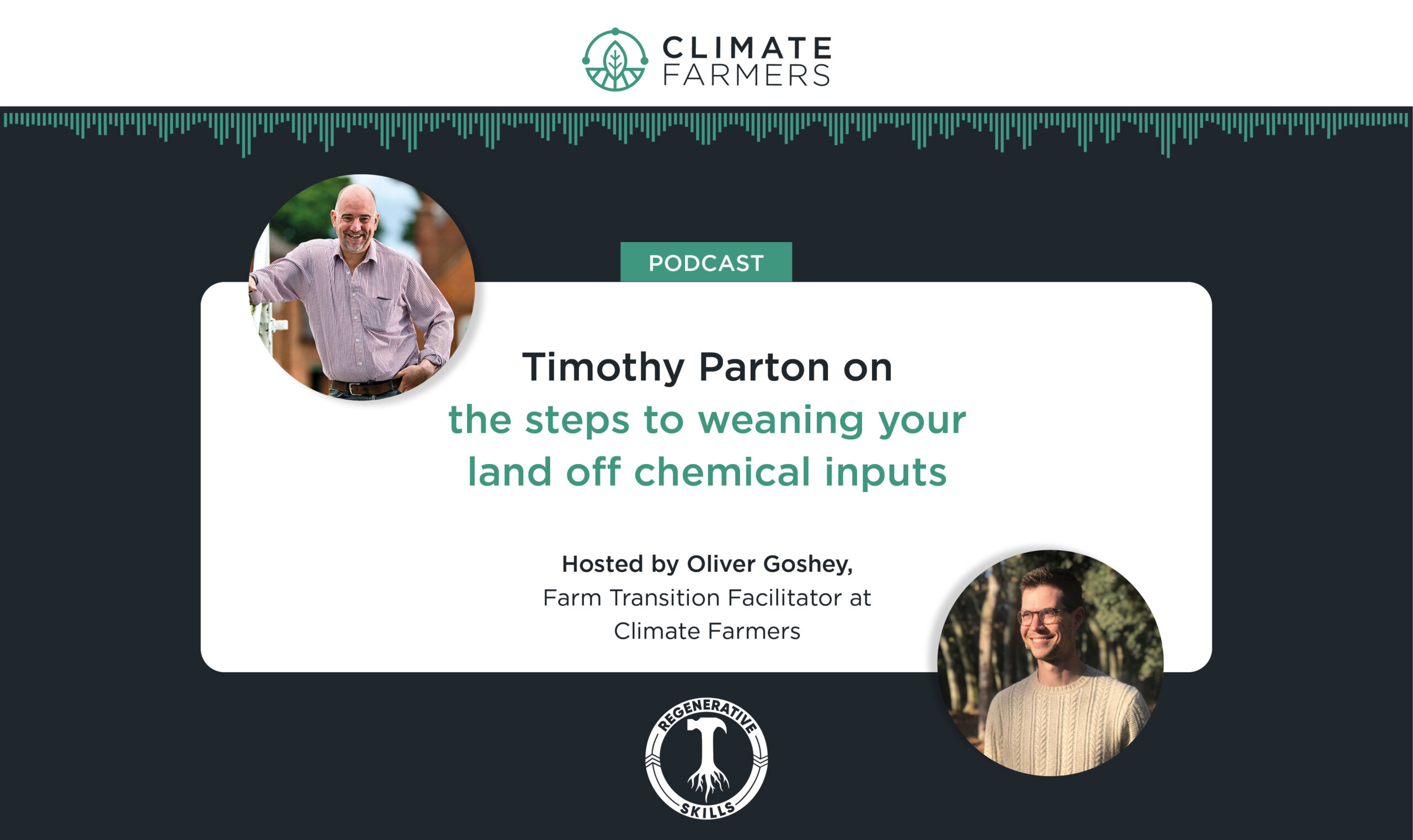

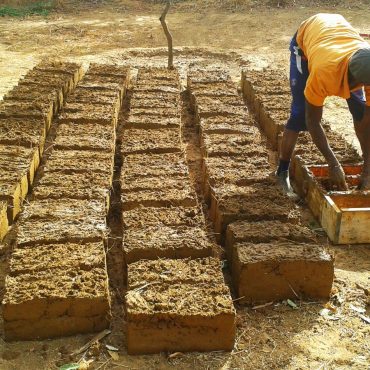
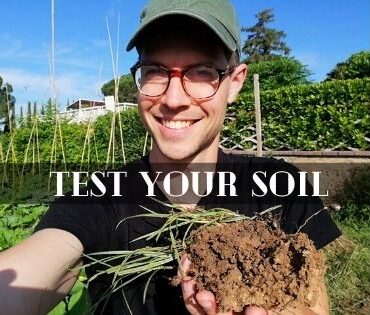
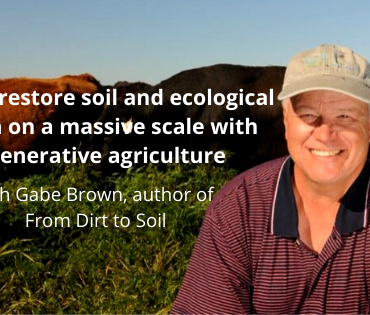
Post comments
This post currently has no comments.